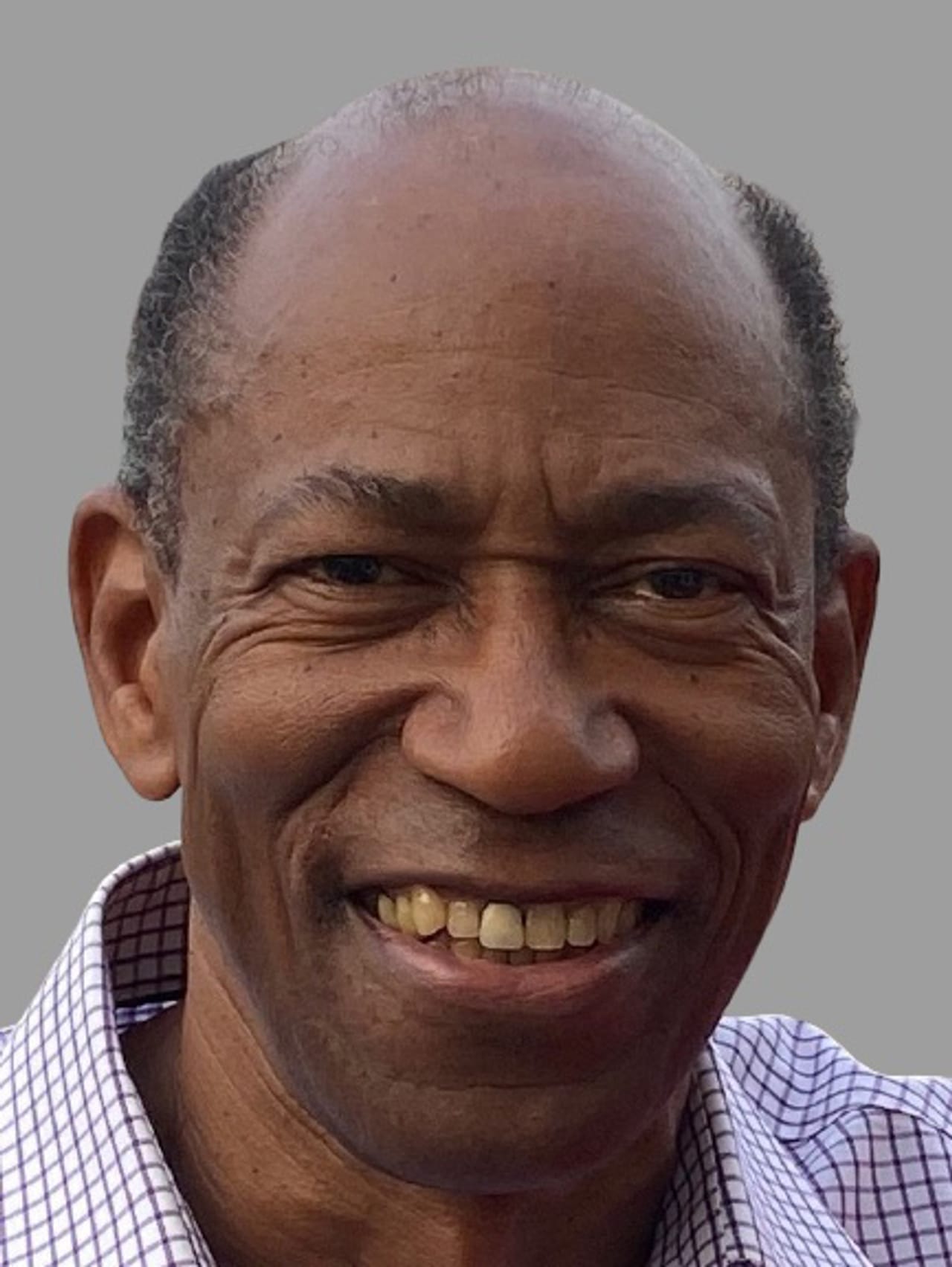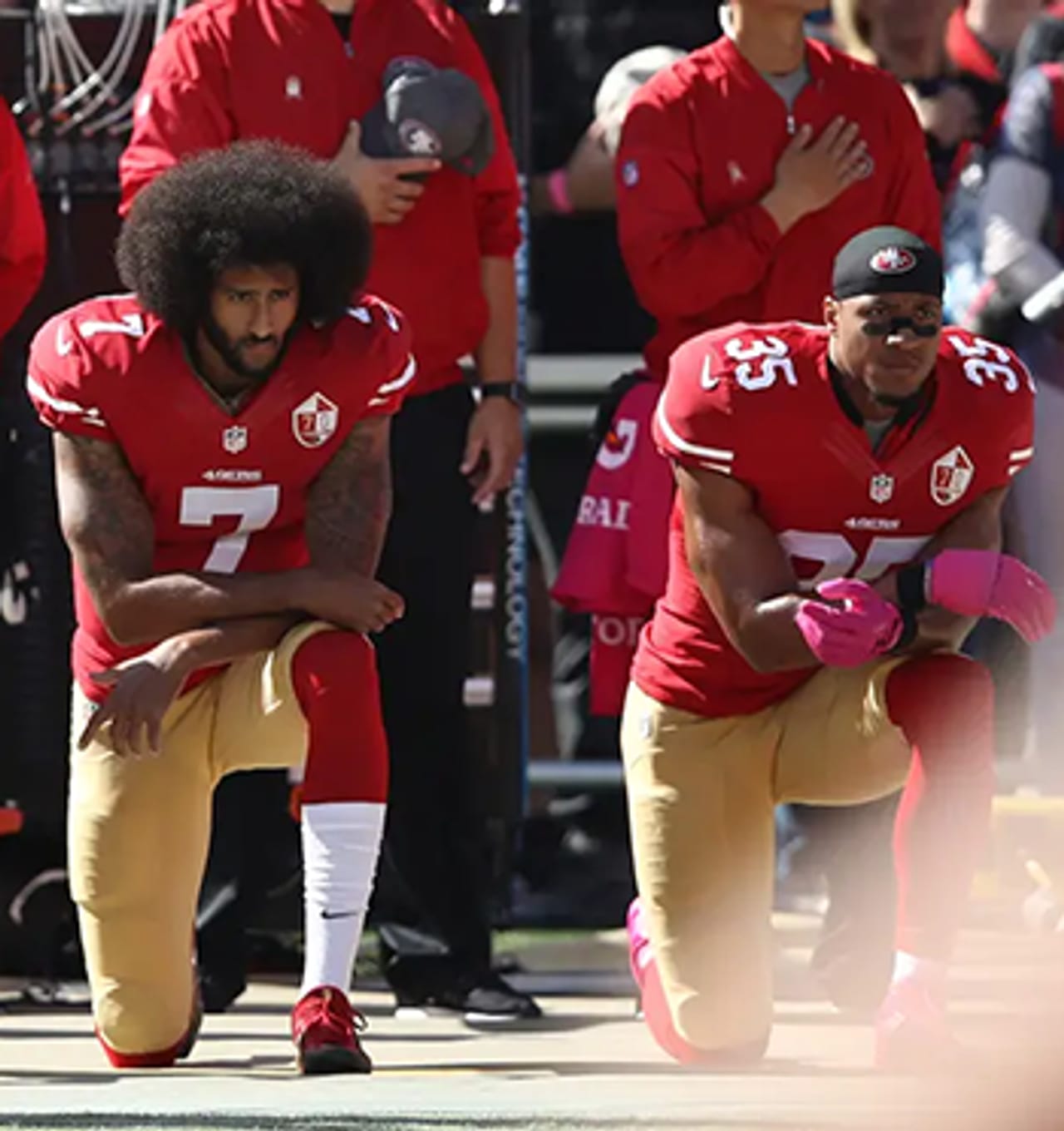Launching a drug development company with novel technology from academia
Our corporate group has worked with hundreds of entrepreneurs at this stage to help them optimally and efficiently select and form the appropriate legal entity
Event

Faber Daeufer & Itrato welcomed acclaimed sports journalist Ron Thomas, the chair of the Journalism in Sports, Culture and Social Justice Department at Morehouse College, to speak in honor of Black History Month. Sponsored by the Black Civil Rights Education Subcommittee of the firm’s Equity Diversity and Inclusion Committee, the presentation included an in-depth examination of Black Americans in sports and their historical intersection with activism. “I want to spotlight Black activist athletes over the last 200 years, both their success and consequences,” said Thomas. “I contend that, sometimes, the athlete’s mere presence was activism because it caused white society to respond and often lash out. Others earned the term of activist by blatantly defying societal norms.”
With the tone of a spoken word performance, the presentation started with a thoughtful discussion of how Black bodies have been used throughout history to gain freedom. Thomas introduced participants to historical figure Tom Molineaux. Born on a slave plantation in the Washington, D.C., area, Molineaux “used his bare knuckles to defeat a fellow captive in 1809 to win a huge wager for the plantation owner. Molineux’s reward was his freedom plus $500.” Thomas further explained that, upon taking a ship to London, the formerly enslaved boxer eventually became the first American to compete for a world sporting championship.

The presentation also highlighted the challenges of Wilma Rudolph, the first woman to win three gold medals in the same Olympics during the 1960 track and field events. As a child, she survived double pneumonia, scarlet fever, and polio. Yet she overcame her physical ailments to become one of history’s most celebrated Black athletes. According to Thomas, Rudolph’s activism led to the first integrated public event within her hometown of Clarksville, Tennessee, which stemmed from her refusal to participate in a segregated parade to be held in her honor.

“Sometimes the Black body refuses to cross the line to step into the field of combat,” stated Thomas. “That’s what Muhammad Ali did on April 28, 1967, when he refused induction into the US Army during the Vietnam War.” Thomas explained that Ali was stripped of his heavyweight title and sentenced to five years in prison for draft evasion, a conviction later overturned by the U.S. Supreme Court. Thomas also highlighted the price of activism by Black athletes in his discussion of Tommie Smith and John Carlos, two track and field athletes who raised their fists in protests during their medal ceremony at the 1968 Olympics. Both men were forced off the Olympic team, vilified by the press, and faced immense financial ramifications. Thomas said that the wife of John Carlos eventually took her own life, in part due to the threats that his family endured in response to his activism.
Moving into recent activism by Black athletes, Thomas spoke about the controversy surrounding the actions taken by San Francisco 49ers quarterback Colin Kaepernick in protest of police killings of Black Americans. “There is no doubt that Kaepernick, who has never played another NFL game, has been blackballed by league owners ever since.” Thomas also spoke about protests undertaken by college football players, NBA players, NHL players, and WNBA players, saying that “sometimes the Black body has to walk away.”

Thomas concluded the presentation with a quote given by former Atlanta Hawks coach Lloyd Pierce during a 2020 NAACP march on the Georgia capitol. “I was born a Black man, and I know one day I’ll die a black man… But I don't want to die because I’m a Black man.”
Faber Senior Contracts Specialist and BCRE subcommittee member, Katisha Brown, called the presentation more of a conversation than a teaching lesson. She said that firm members provided numerous questions prior to the presentation along with their continued participation throughout. “It was well received by everyone at the firm, and I was very proud of Ron’s presentation.”
Questions from the firm included those regarding NFL hiring practices for team coaches, managers and executive positions. A robust conversation also ensued about Historically Black Colleges and Universities (HBCUs), with an emphasis on former NFL superstar Deion Sanders’ decision to take on a head-coaching position at Jackson State University, an HBCU. “The fact that Prime Time (Sanders) is at Jackson State has changed the game here,” said Thomas. “He is obviously a successful coach, and he has been able to attract some top players, including the number one recruit in the country. The other thing that happened is that some more of these Black former NFL players are starting to get head-coaching jobs at HBCUs. If more big-name former players and coaches come to HBCUs, more top players will start looking at HBCUs more closely.”

Thomas pointed out that many of the NFL’s greatest players came out of HBCUs until the 1980s when predominantly white colleges started recruiting increasing numbers of Black athletes. Brown added to the conversation by discussing her personal decision to attend a predominantly white university instead of an HBCU as a Division I athlete. She pointed to program funding concerns and the lack of television coverage at HBCUs as influencing her final decision.
A further discussion about compensation for college athletes also stemmed from firm member questions. “I think it's just the beginning of fairness in college sports,” Thomas responded. “When you look at the salaries of the coaches… players don't get anywhere near the amount of money that they are worth. They bring millions and millions of dollars to these schools.” Compared to the salaries and perks that coaches receive, Thomas said, “I think it’s great for players to make some money off of what they put into this, but it is still a ripoff.”
When asked to compare the current activism among Black athletes with the circumstances of the past, Thomas explained, “One difference is that, in the early years, for a lot of athletes, just being there was both almost a militant act and a solitary act… it was just getting invited to the party. At the beginning, when Black athletes became successful, quite often the response was to ban them.” He pointed out that, though Black jockeys now are rarely represented within the Kentucky Derby, Black jockeys won 13 of the first 15 derbies before they were essentially banned from the sport. He also spoke about Black players being banned from major league baseball in 1887, which wasn’t reversed until Jackie Robinson’s debut 60 years later. “That basically has been overcome in the major sports. It is more political now, where protests are directed to society and conditions in society.”
Thomas said that though the media has become better informed about the racial issues in sports, there is still work to do by both Black and white sports reporters in their efforts to keep these issues as part of the conversation. He urged attendees to continue learning about the subject, using a variety of resources to consider different perspectives. “It's important to listen to people who really understand the history of race and its impact in this country… Become more informed and try to inform your friends.”
Thomas became the original director of Morehouse College’s Journalism and Sports Program in 2007. He also serves as an associate professor in the Journalism Department. Before Morehouse, he spent more than three decades covering college and professional sports. The first pro basketball reporter at USA Today, Thomas’ beats included the NBA, as well as the San Francisco 49ers and Giants, and periodically professional tennis. His book “They Cleared the Lane: the NBA’s Black Pioneers'' explores the integration of the NBA in 1950 following the secret ban of Black players from the league. In 2017, he received the Morehouse College Professor of the Year Award and the Legacy Award from the National Association of Black Journalists. He has been a member of the National Association of Black Journalists for more than 40 years, serving as an original co-chair of its Sports Task Force. For 20 years, he co-hosted the organization’s annual tribute to black sports pioneers.
Kori Kaufman, Associate Director of Contracts Specialists and head of the BCRE subcommittee, said that though the presentation was about sports, it was also so much more. “He explored sports as a vehicle for representation…This was our first time bringing in speakers for Black History Month and Ron set a high bar going forward,” stated Kaufman. “Even as a remote presentation, firm participation was amazing. We would love to have him come visit in person and keep the dialogue going.”
Thomas concluded with some words of appreciation for Faber’s commitment to diversity and inclusion. “I want to thank your law firm for taking this on as an initiative you pursue. You've given your employees opportunities to educate themselves in ways I’ve never heard of… I think that's remarkable, and I really do appreciate the example that you are showing for other law firms and other corporate entities because what you are doing is really tremendous work.”
To learn more about Ron Thomas, visit his website at www.ronthomas.news.